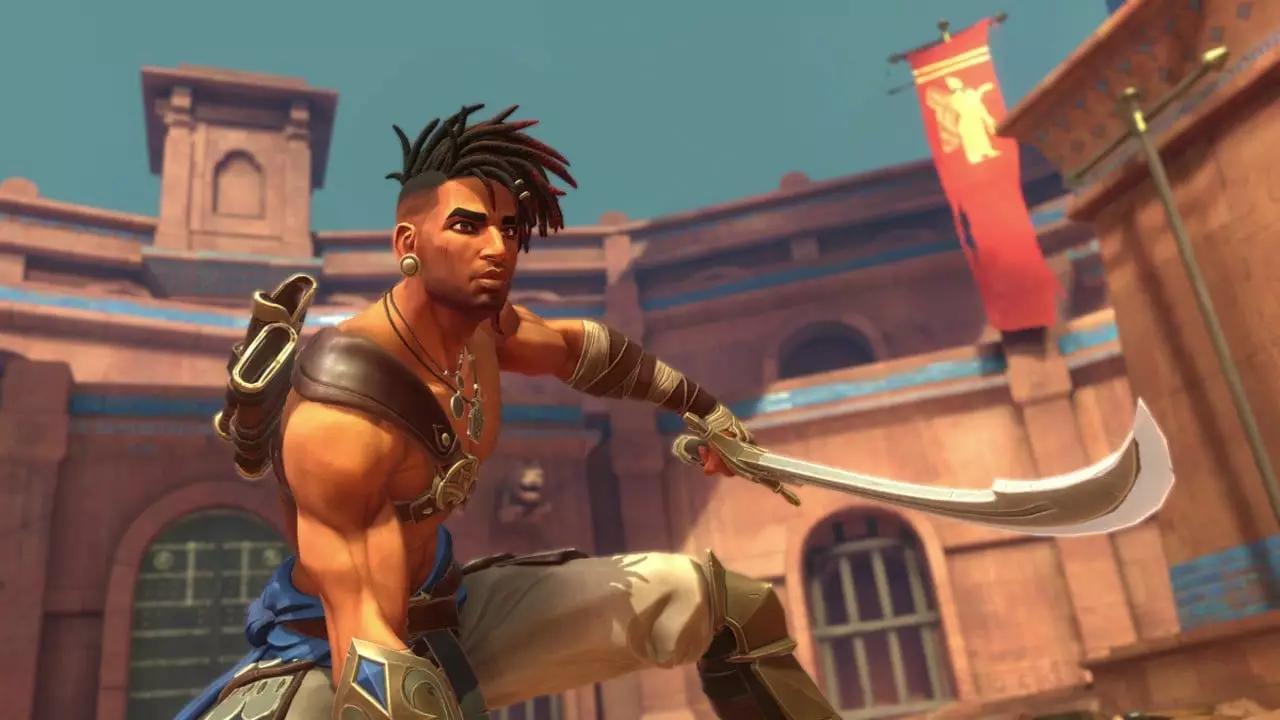In a strategic maneuver that echoes the company’s ongoing struggles, Tencent and the Guillemot family are contemplating a move to take Ubisoft private. This decision emerges from a backdrop of significant challenges faced by the gaming giant in 2024. As reported by Bloomberg, the talks are at a preliminary stage, with both parties seeking expert guidance on how to restore Ubisoft’s declining value amidst a turbulent gaming climate. The company, once a behemoth in the industry, has seen its market capitalization halved over the past year, a sobering statistic that signifies the intensity of its current challenges.
The reports of a potential buyout, while still in nascent discussions, have sparked optimism in the market, leading to a notable share price surge of approximately 33%. However, it is essential to recognize that such market fluctuations are often temporary and may not signify a long-term turnaround. Indeed, Ubisoft’s financial struggles are rooted deeply in the reception of its recent game releases, including the disappointing launch of “Star Wars Outlaws.” Analysts noted that the company’s stock dipped to unprecedented lows following this game’s underwhelming performance. In a landscape where gamers have high expectations, failures to meet those standards can have severe repercussions for a company’s reputation and finances.
Further complicating Ubisoft’s situation is the announcement that its flagship title, “Assassin’s Creed Shadows,” will face a delay until February 2025. This decision, intended to mitigate the fallout from the poor reception associated with “Star Wars Outlaws,” reflects Ubisoft’s cautious approach to maintaining quality over quantity. Delays, while often beneficial for polish, can contribute to a perception of instability within the company. Moreover, they can intensify worries among investors who are already skittish due to fallout from previous underperforming titles.
Despite these challenges, there is a glimmer of hope for Ubisoft, as evident in the success of “Prince of Persia: The Lost Crown.” This title has garnered praise, placing it among the top offerings in the Metroidvania genre in recent years. Such critical acclaim is crucial; however, historical trends indicate that Ubisoft often struggles to translate this initial enthusiasm into lasting commercial success. The company’s pattern of heavy discounts shortly after launch raises questions about its pricing strategy and market positioning, compounding the difficulties in achieving sustainable revenue.
Tencent and the Guillemot family’s consideration of a buyout signifies more than just a financial transaction—it’s indicative of a broader strategy aimed at salvaging a once-stalwart company in the video game landscape. While the potential shift to a private company may offer the flexibility to make bold changes, it is essential to tread carefully. Ubuntu must prioritize not only the stabilization of its financials but also the restoration of its brand and customer trust. As discussions continue, the future of Ubisoft remains uncertain, but it is evident that bold actions are necessary to pave the way for recovery and innovation in the gaming sector.

